The old saying that any publicity is good publicity isn’t always true in the music business. And this year, Sean “Diddy” Combs is proving that listeners and corporations alike have limits.
Near the end of 2023, Combs was enjoying the momentum of the September release of The Love Album: Off the Grid, which spent seven weeks on the Billboard 200 albums chart and peaked at No. 19 on the Sept. 30 chart week. Meanwhile, album single “Another One of Me” by Diddy, French Montana & The Weeknd featuring 21 Savage peaked at No. 87 on the Billboard Hot 100.
However, those numbers would start dropping quickly. In November, the Bad Boy Records founder was the subject of three separate lawsuits by an ex-girlfriend, Cassie, and two other people with various allegations of sexual and physical assault. While his weekly streams and radio plays — composed of various solo recordings under names including Diddy, Puff Daddy and P. Diddy — could be expected to experience some decay as the weeks passed after the album’s launch, the controversies arguably accelerated Combs’ downturn with listeners.
When Combs stepped down as chairman of digital media company Revolt a week later, his streams fell 22%, while his radio spins fell 36%. Two weeks after that — when brands severed ties with Combs’ e-commerce company, Empower Global, and Hulu scrapped plans for a reality show involving Combs — his radio plays fell another 55%.
That’s not to say that being in the news always hurts an artist’s streaming numbers. After Combs was arrested on Sept. 16 after being indicted for allegedly running a federal sex trafficking and racketeering conspiracy, U.S. on-demand streams of Combs’ music jumped 37% in the week ended Oct. 3. That Combs’ music benefitted from negative publicity isn’t a surprise — heavy media coverage, whether due to a death or a high-profile lawsuit, tends to influence what listeners seek out on streaming platforms. But the post-arrest bump was short-lived. Three weeks after Combs entered the Metropolitan Detention Center in Brooklyn, his streaming numbers had fallen to pre-indictment levels.
Diddy
Radio is a different story. While many listeners continued to stream Combs’ music, radio programmers, who risk losing advertisers by playing controversial artists, quickly abandoned Combs. In the first quarter of 2023, well before any public signs of impropriety, Combs’ music was getting played on U.S. radio anywhere from 800 to 1,000 times per week. But the March 25 FBI raids on Combs’ homes in Los Angeles and Miami coincided with a 27% drop in weekly radio spins. By the time a video of Combs assaulting Cassie in the hallway of a hotel surfaced at CNN in May, weekly spins of Combs’ songs were down to 352 — 94% below where they were when Cassie filed her lawsuit seven months earlier. By June, his weekly radio plays had dropped below 200.
Radio’s interest in Combs’ music reached a nadir soon after. The week after his arrest on Sept. 16, Combs’ weekly radio spins were down 25%, and radio programmers have largely refrained from playing his music ever since.
Combs’ experience at the hands of music streamers and radio stations echoes that of R&B singer R. Kelly a few years earlier. Long hounded by allegations of sexual abuse, Kelly managed to avoid accountability until the Washington Post ran a story titled “Star Treatment” that detailed how the music industry overlooked his deeds. In the wake of the article, Spotify and other streaming platforms decided in May 2018 to deemphasize Kelly’s tracks in algorithms and editorial playlists, and his average weekly U.S. on-demand streams dropped 10%. Radio programmers had an even bigger impact: Kelly’s weekly U.S. radio plays dropped 29% following the article’s publication.
Kelly’s arrest in February 2019 didn’t lead to an immediate drop in his streaming numbers; throughout 2019, his weekly on-demand streams consistently hovered around 15 million to 16 million. But radio programmers began abandoning him; by the time Kelly was arrested and charged by the state of Illinois in February, his weekly radio plays had already bottomed out at just over 100, down from about 2,000 a year earlier.
Over the next few years, streams of such songs as “I Believe I Can Fly” and “Ignition” would gradually and consistently decline. In 2020, Kelly’s tracks were doing roughly 9 million to 10 million streams per week. The next year, weekly streams fell to roughly 8 million, then 7 million.
Following a guilty verdict in September 2021, Kelly was given a 30-year prison sentence in June 2022. Like with Combs’ September 2024 arrest, media coverage of his sentence resulted in a small, single-digit gain in weekly streams, but the numbers showed a clear damage to his reputation. A week after the verdict, Kelly’s U.S. on-demand streams stood at 8.8 million per week — down 40% since the Washington Post article ran in 2018.
R. Kelly’s music seems to have reached a plateau, however, and interest in his catalog on streaming platforms has remained steady since his sentencing. Over two years later, Kelly’s weekly on-demand streams remain unchanged at roughly 9 million per week, though radio remains disinterested in playing his songs. This suggests that Diddy’s music could perform better online than at radio as his saga plays out.



